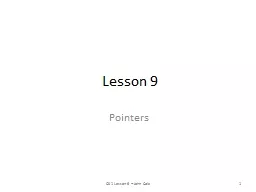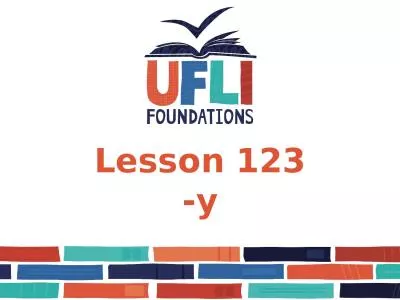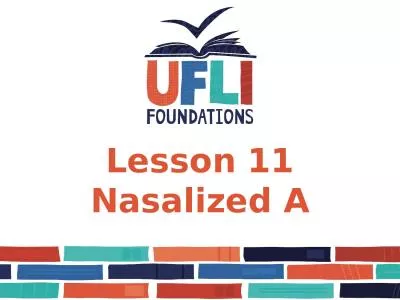PPT-Kids2 College Lesson 3, I’m Going to College
Author : phoebe-click | Published Date : 2019-02-22
Objectives Identify the academic factors that colleges consider when evaluating applicants Explain the steps you need to take in middle school to prepare for precollege
Presentation Embed Code
Download Presentation
Download Presentation The PPT/PDF document "Kids2 College Lesson 3, I’m Going to C..." is the property of its rightful owner. Permission is granted to download and print the materials on this website for personal, non-commercial use only, and to display it on your personal computer provided you do not modify the materials and that you retain all copyright notices contained in the materials. By downloading content from our website, you accept the terms of this agreement.
Kids2 College Lesson 3, I’m Going to College: Transcript
Download Rules Of Document
"Kids2 College Lesson 3, I’m Going to College"The content belongs to its owner. You may download and print it for personal use, without modification, and keep all copyright notices. By downloading, you agree to these terms.
Related Documents










![[EPUB] - 501 Ways for Adult Students to Pay for College: Going Back to School Without](https://thumbs.docslides.com/906529/epub-501-ways-for-adult-students-to-pay-for-college-going-back-to-school-without-going-broke.jpg)



